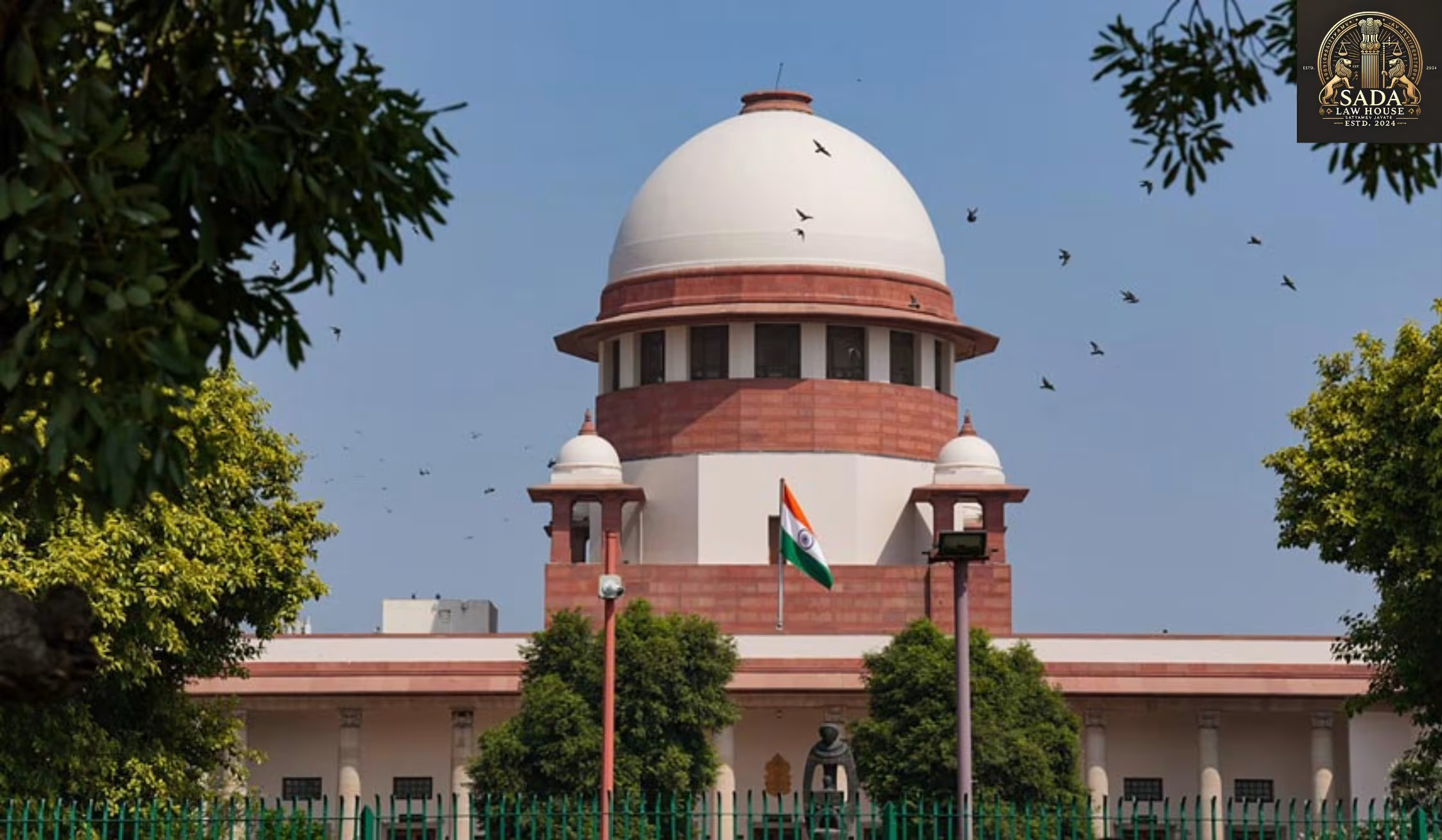Supreme Court Clears Uttarakhand’s Uniform Civil Code: A Historic Step Toward Gender Equality and Secular Law in India
- KASHISH JAHAN
- 30 June 2025

Discover how the Supreme Court’s green signal to Uttarakhand’s Uniform Civil Code marks a transformative step in India’s legal landscape, aiming for gender equality and secular civil laws across all communities.
Uttarakhand Makes History with India’s First Uniform Civil Code: Supreme Court Gives Green Light
In a landmark judgment with sweeping constitutional impact, the Supreme Court of India has approved the implementation of India’s first Uniform Civil Code (UCC) in Uttarakhand. Delivered on 28 June 2025, a bench led by Justice Sanjiv Khanna dismissed petitions challenging the draft bill, affirming the state’s constitutional authority to introduce a uniform set of civil laws for all citizens.
What Is the Uniform Civil Code and Why It Matters
The UCC seeks to standardize civil laws across religions, governing vital areas such as marriage, divorce, adoption, inheritance, and succession. Historically, these matters have been regulated by various religious personal laws in India. This move aligns with Article 44 of the Indian Constitution, a part of the Directive Principles of State Policy, which advocates for a common civil code as a step toward national integration and gender equality.
The First State to Act: Uttarakhand’s Bold Initiative
Uttarakhand has become the first Indian state since Independence to introduce a UCC. Spearheaded by Chief Minister Pushkar Singh Dhami, the state government argues that a uniform civil law will eliminate gender and community-based disparities, ensuring fairness across religious and social lines.
Opposition and Supreme Court’s Verdict
Several minority groups and civil rights activists had challenged the draft, citing violations of Articles 25 and 26, which guarantee religious freedom. However, the Court ruled that these rights do not supersede the principles of equality and non-discrimination. Justice Khanna noted, “Religious practices must harmonize with constitutional morality and gender equality.”
Key Provisions of the Draft UCC
The proposed civil code introduces sweeping changes, including:
- Equal inheritance rights for sons and daughters
- Mandatory marriage registration across all religions
- Streamlined, gender-neutral divorce laws
- Adoption policies that do not discriminate based on gender or religion
This proposal has drawn both praise and criticism—women’s rights organizations support the bill, while some conservative factions fear a loss of cultural identity.
Public Consultation and Legislative Process Ahead
Following the Court’s decision, the Dhami administration pledged widespread public consultation before tabling the final bill in the state Legislative Assembly. The Chief Minister hailed the judgment as a milestone in building a “modern, secular India.”
Legal analysts suggest that Uttarakhand’s UCC could serve as a blueprint for states like Gujarat and Assam, which have shown interest in similar reforms. The BJP may even consider pushing for a nationwide UCC, subject to consensus and parliamentary procedures.
Challenges: Balancing Secularism and Religious Identity
Despite the forward momentum, the road ahead is complex. Critics argue that the bill must not become a tool for majoritarianism and must protect minority rights. Concerns remain about eroding unique cultural practices and the potential for legal overreach.
Noted legal scholar Faizan Mustafa emphasized, “A Uniform Civil Code must not mean a Majoritarian Civil Code — it must protect diversity while upholding equality.” Women’s groups have echoed this, calling for robust protections for marginalized communities.
Conclusion: A Landmark Moment for Civil Law in India
Uttarakhand’s push for a Uniform Civil Code marks a pivotal moment in Indian legal history. As the state prepares to introduce the final bill, India enters a decisive chapter in its pursuit of civil uniformity, secular governance, and gender justice. Whether other states follow suit or this sparks broader debates, one thing is clear—the conversation on the UCC is no longer academic. It is happening, and it is historic.






